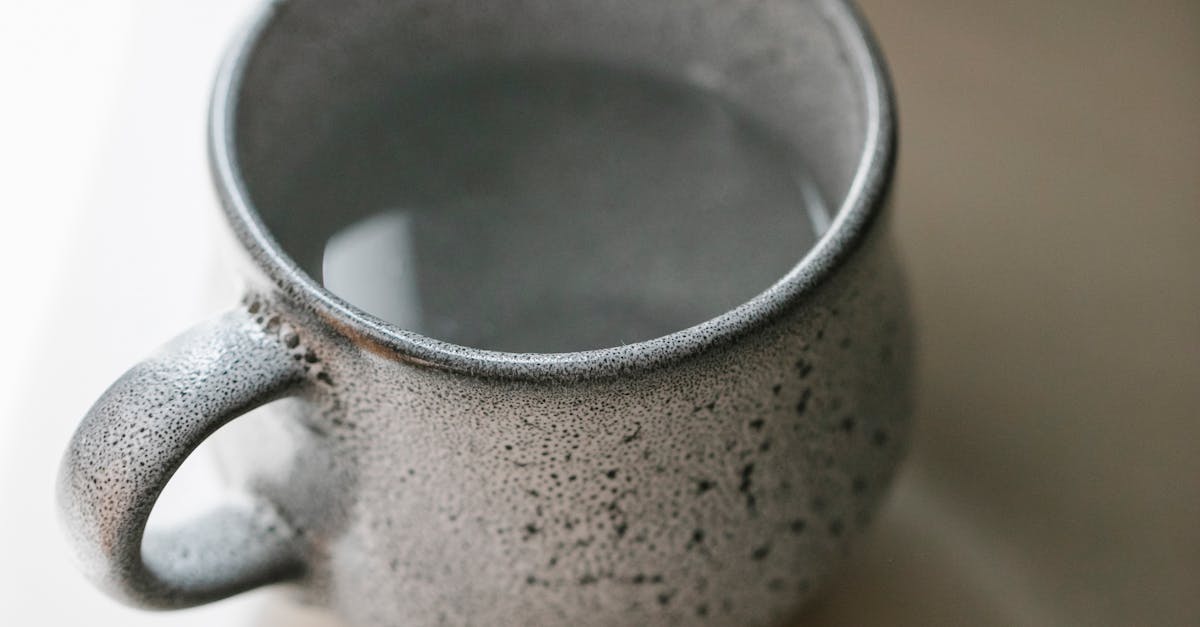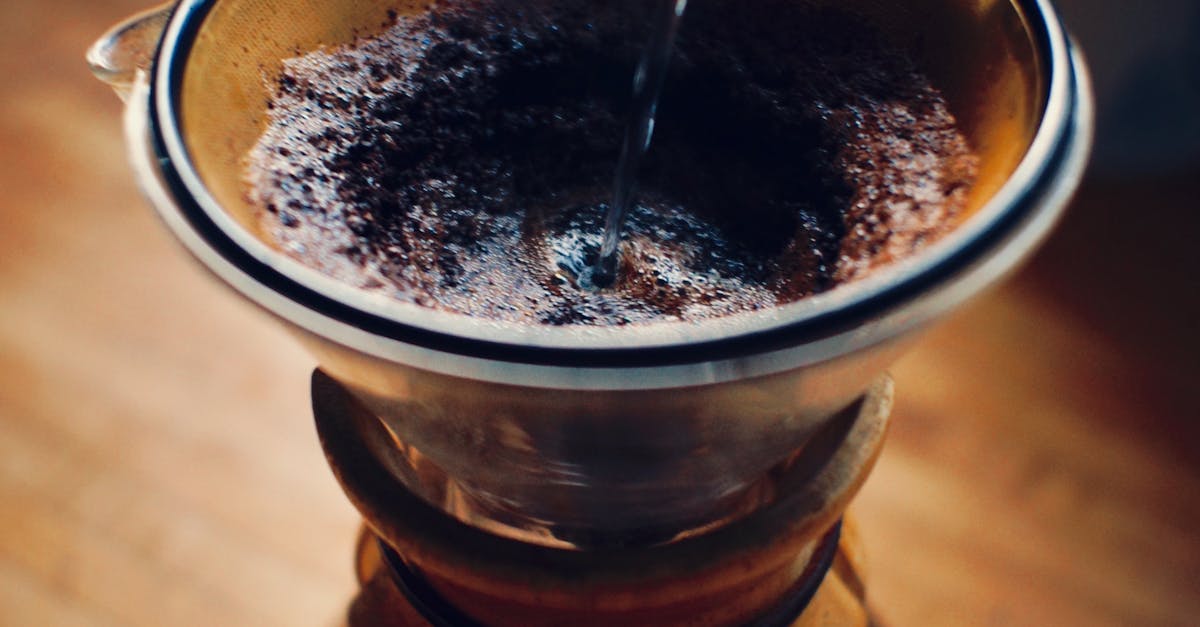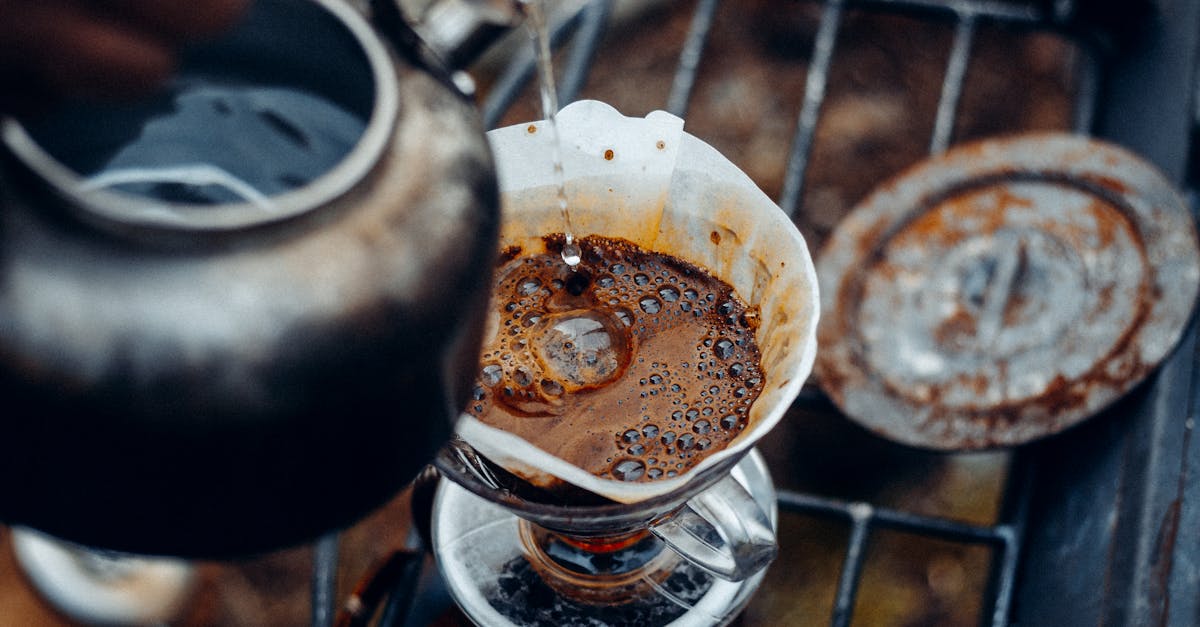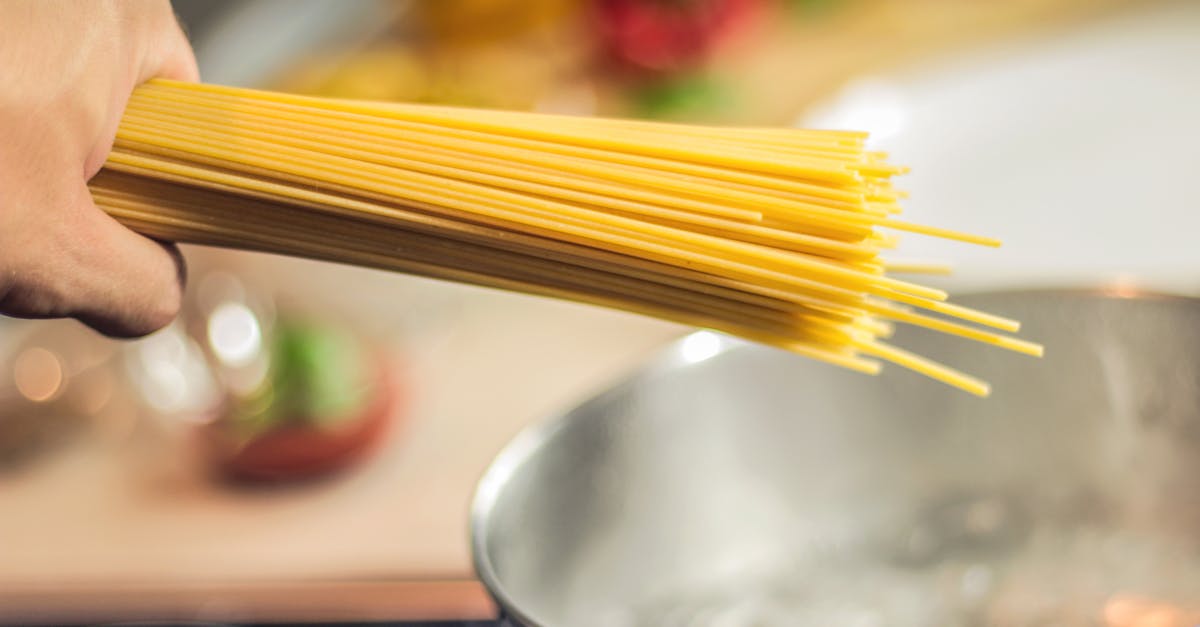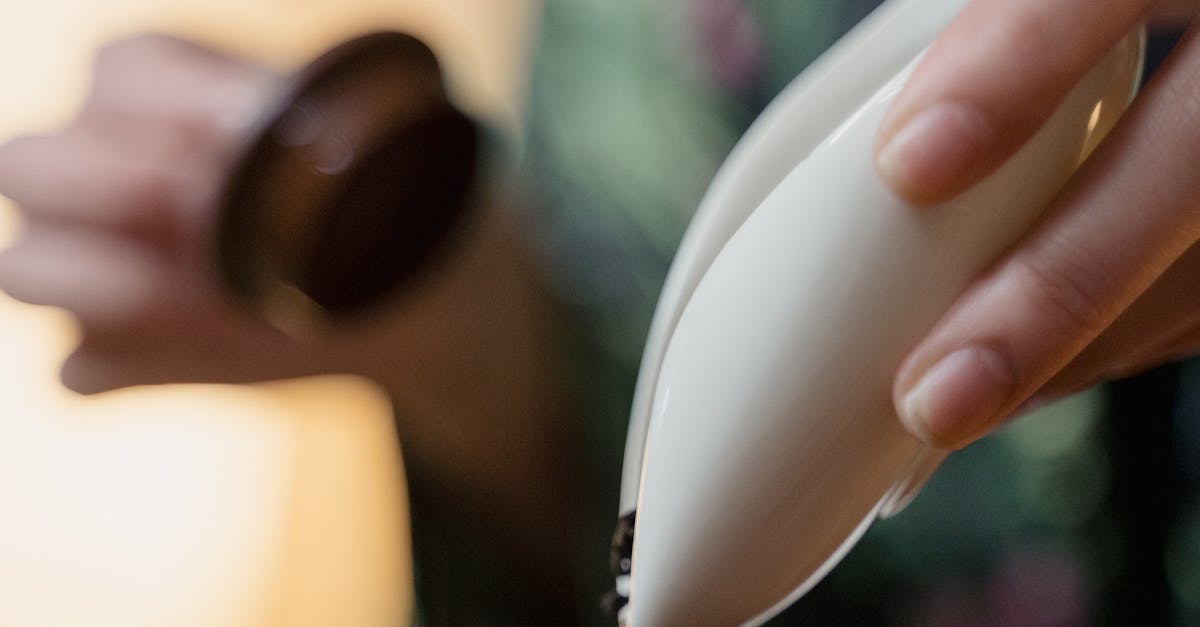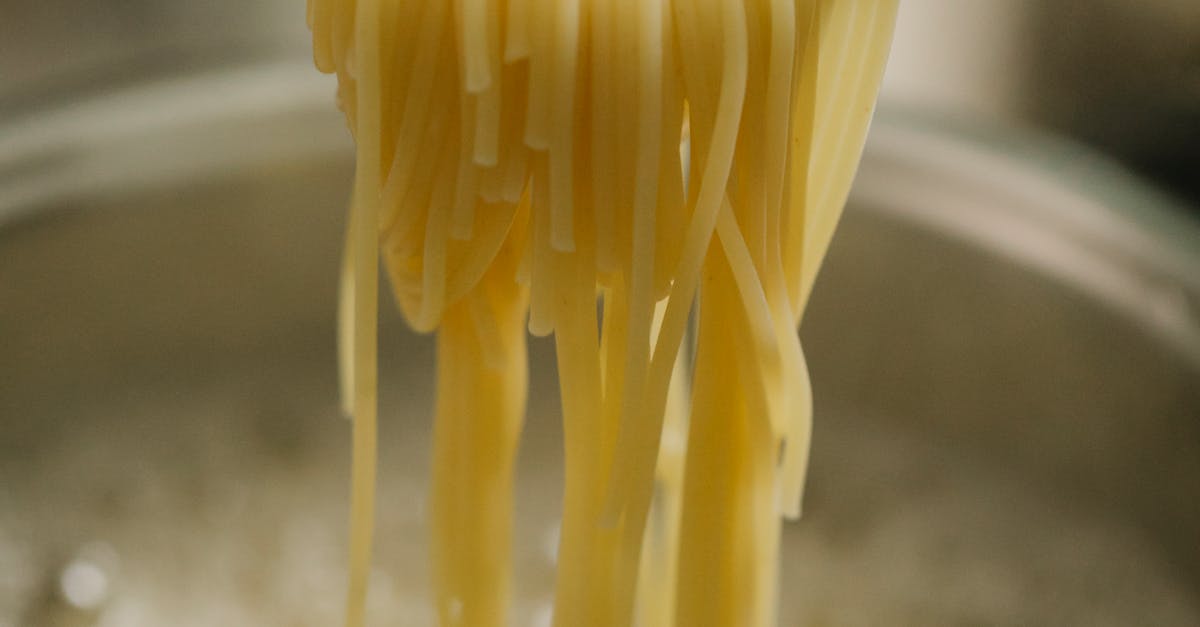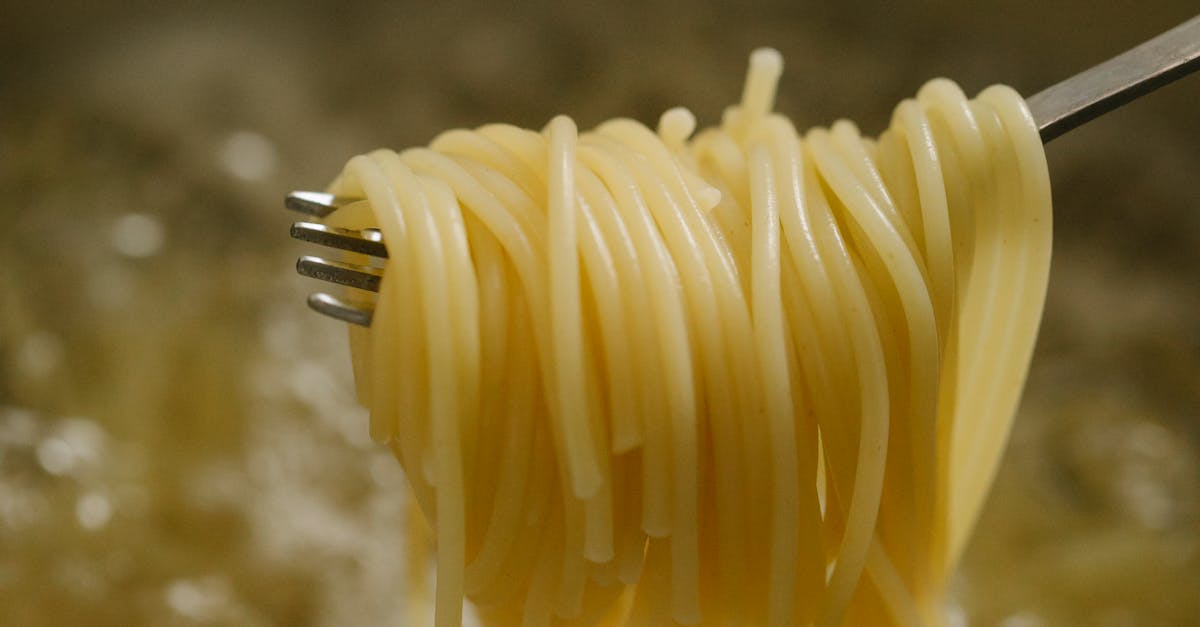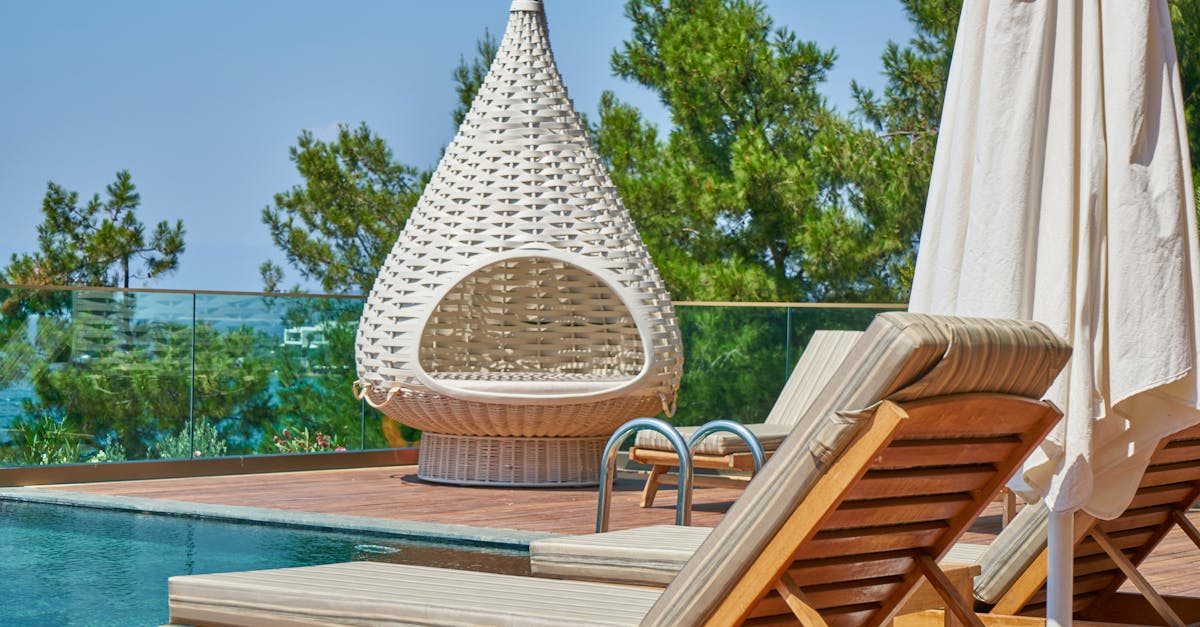
Table Of Contents
Traditional Storage Water Heaters
Traditional storage water heaters are one of the most commonly used systems in homes. These units work by heating a designated amount of water and storing it in an insulated tank until needed. The primary advantage of this system is the ability to provide a steady supply of hot water for various household needs. Many families rely on these units for activities like showering, washing dishes, and laundry, making them a staple in residential settings.
For those considering a hot water system installation, traditional storage water heaters offer a straightforward and reliable option. They are available in various sizes, allowing homeowners to choose a model that suits their specific hot water demands. While these systems may require more energy to maintain temperature, advancements in insulation and efficiency have made them more competitive in terms of energy consumption, providing an effective solution for consistent hot water access.
Evaluation of Conventional Models
Conventional storage water heaters are widely used due to their overall reliability and straightforward functionality. These devices typically consist of an insulated tank where water is heated and stored for later use. When hot water is needed, it is drawn from the top of the tank while cold water enters from the bottom to ensure a continuous supply. Hot water system installation is relatively simple, making this option accessible for many homeowners.
While traditional models can sufficiently meet the hot water demands of a household, they also come with inefficiencies. The energy loss associated with keeping water heated in a tank, even when not in use, contributes to higher utility bills. This standby heat loss can be a significant concern, particularly in larger tanks or older models. Homeowners seeking to upgrade or replace their systems should consider these factors carefully during hot water system installation.
Instantaneous Water Heaters
Instantaneous water heaters, often referred to as tankless or on-demand water heaters, heat water directly without the use of a storage tank. When a hot water tap is turned on, cold water travels through a pipe into the unit where it is heated by either a gas burner or an electric element. This provides a continuous supply of hot water, eliminating the need to wait for a tank to fill and heat. Many homeowners appreciate the efficiency of these systems, as they only heat water when needed, which can lead to reduced energy costs over time.
Hot water system installation for instantaneous models is generally more complex compared to traditional storage heaters. Electric and gas lines must be appropriately configured to meet the demands of the unit. Considerations such as the flow rate and anticipated usage patterns are crucial in selecting the right size for the home. Proper installation ensures optimal performance and energy efficiency, making these systems a practical choice for many households seeking modern solutions to their hot water needs.
Advantages of OnDemand Heating
On-demand water heaters, also known as instantaneous water heaters, offer numerous advantages for homeowners. They provide hot water only when it is needed, eliminating the need for a bulky storage tank. This efficiency results in less energy consumption since water is not continuously heated and stored. Additionally, these systems tend to have a longer lifespan compared to traditional models, making them a cost-effective investment over time.
The compact design of on-demand water heaters allows for flexible installation options. Homeowners can place these units in smaller spaces, such as under sinks or in closets, which is particularly beneficial for urban living. Hot Water System Installation becomes easier with the reduced footprint, enabling more options for positioning within the home. This versatility, combined with the potential for significant energy savings, makes on-demand systems an appealing choice for many consumers seeking efficient and effective water heating solutions.
Environmental Impact of Water Heating
The environmental impact of water heating is substantial, considering the resources consumed and emissions generated during operation. Traditional storage water heaters often require significant energy to maintain water temperature, resulting in higher greenhouse gas emissions. Additionally, the materials used in manufacturing these systems contribute to environmental degradation. Factors such as energy source and efficiency ratings further influence the overall impact of hot water systems on our planet.
Adopting more energy-efficient alternatives can mitigate these effects. Instantaneous water heaters, for example, utilize energy on demand, significantly reducing waste. Hot Water System Installation that adheres to sustainable practices can also enhance efficiency and lower the carbon footprint. Implementing solar water heating systems exemplifies a renewable approach, harnessing natural energy to provide hot water while minimizing ecological harm.
Sustainable Practices for Heating Water
Sustainable practices for heating water involve selecting systems that maximize energy efficiency and reduce environmental impact. One effective approach is the use of solar water heating. These systems capture sunlight to heat water directly, significantly decreasing reliance on fossil fuels. Homeowners can also benefit from heat pump water heaters, which utilize electricity to move heat rather than generate it, making them more efficient than traditional electric models.
Hot Water System Installation plays a crucial role in ensuring that these sustainable options operate optimally. Proper installation guarantees maximum efficiency and longevity of the equipment. Regular maintenance and upgrades can further enhance performance, ensuring that homeowners not only save on energy costs but also contribute to a reduction in carbon emissions. Emphasizing the importance of professional installation will make sustainable heating solutions more attainable and effective.
FAQS
What is a traditional storage water heater?
A traditional storage water heater is a system that heats water and stores it in a tank for later use. These models keep a certain volume of hot water ready for use and operate by continuously heating the water to maintain the set temperature.
How do instantaneous water heaters work?
Instantaneous water heaters, also known as on-demand water heaters, heat water directly as it flows through the unit. They do not store hot water in a tank; instead, they activate when a hot water tap is opened, providing a continuous supply of hot water.
What are the advantages of using instantaneous water heaters?
The advantages of instantaneous water heaters include energy efficiency, as they only heat water as needed, and the elimination of standby heat loss associated with storage models. They also tend to have a longer lifespan and require less space.
How does the environmental impact of water heating vary by system type?
The environmental impact of water heating varies based on energy source and efficiency. Traditional storage heaters often consume more energy due to standby loss, while instantaneous water heaters are generally more efficient and reduce energy consumption, leading to lower greenhouse gas emissions.
What sustainable practices can I adopt for heating water?
Sustainable practices for heating water include using energy-efficient appliances, optimizing water heater settings, insulating hot water pipes, utilizing solar water heaters, and reducing hot water usage through mindful practices like shorter showers and fixing leaks.
